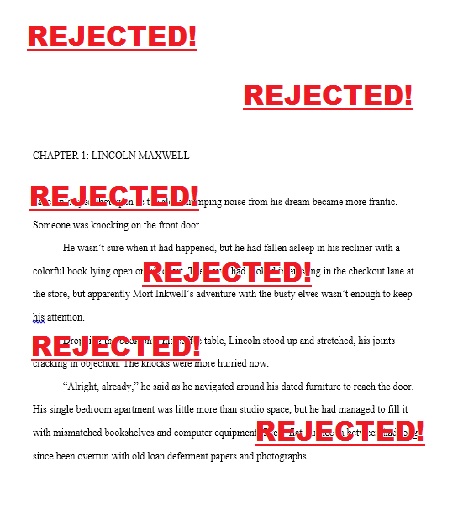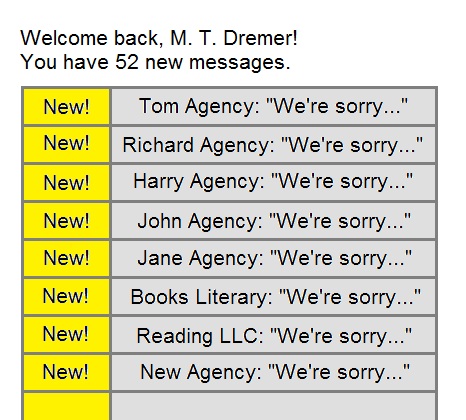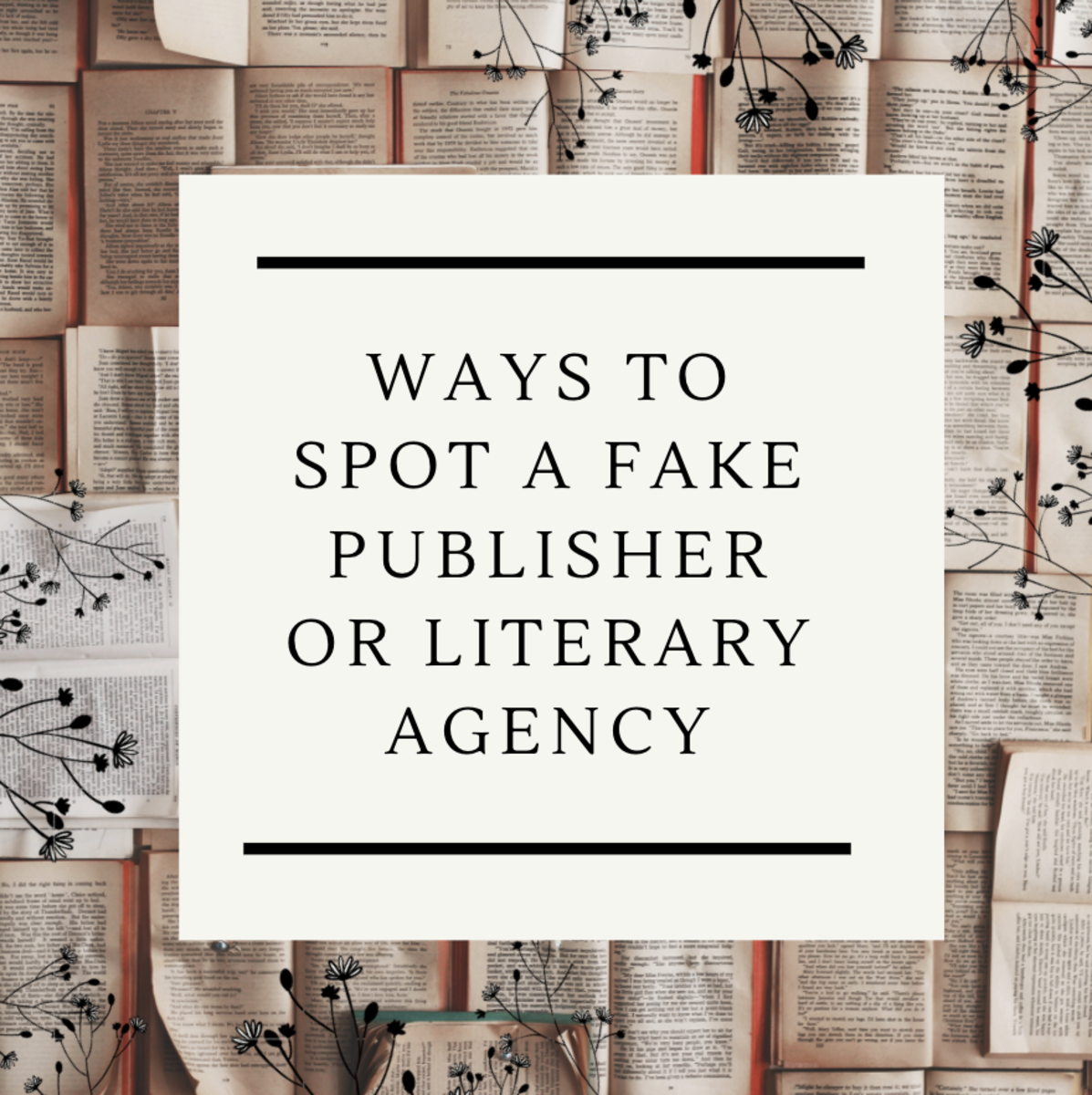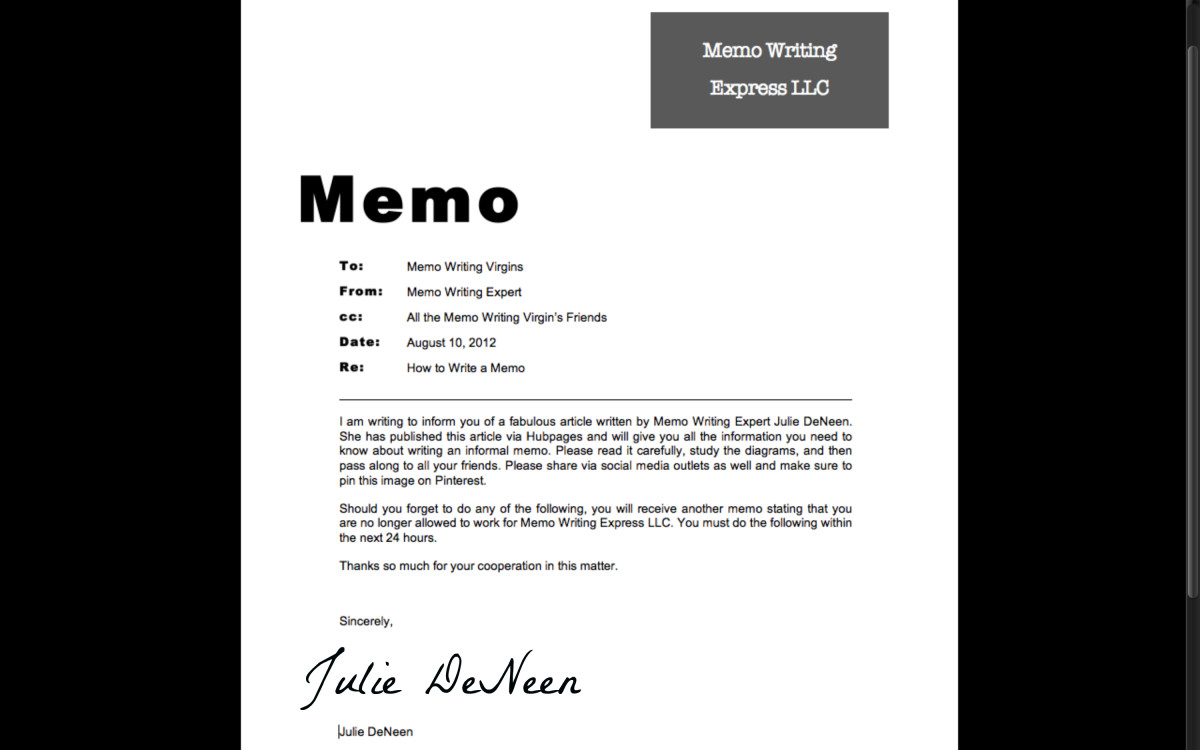How to Deal with Rejection from Literary Agents

This might sound, at first, like a very narrow topic. But, if literary agency websites are to be believed, they receive countless submissions every day. Which means there has to be an army of authors out there seeking representation, but falling short into the slush pile. The initial reaction, upon receiving a rejection, can be one of offense and fear. Suddenly, something that was a hopeful prospect has become an unapologetic brick wall. It’s made more difficult by the impersonal nature of business and generic email responses. A novel is personal, you’ve bled it out, but to someone else it’s little more than email clutter. While an agent has to, understandably, prioritize their own career goals, the task of picking up the pieces falls on you. So, how can we, as writers, cope with this kind of constant rejection without it damaging us mentally? First, we have to step back.
(Note: While I focus primarily on rejection by literary agents, I do think what follows is worthwhile for those who have been rejected by literary magazines and publishers as well.)

Types of rejection.
There are tiers for the value of the rejection. The best kind you could get is one that is personalized. The agent addresses you specifically, and explains why they rejected your manuscript. This is the most valuable rejection because it at least gives you an idea of why other agents might be rejecting you as well. Plus, the agent thought enough of your submission to give you a slice of their time. If you get one of these, consider yourself very lucky.
The second best kind of rejection to get is the generic rejection. These are often polite, but impersonal as they say they decided to go in a different direction. While it doesn’t help you improve your submission in the future, it does provide much needed closure. Knowing that an agent has officially passed, gives you permission to focus on a new agent, or start a different project altogether.
This brings me to the worst kind of rejection, the one where the agent gives no response at all. If you’re lucky, their website will tell you how long is an assumed rejection. For example, they might say “if you haven’t received a response in two weeks, we decided to go in a different direction”. But some don’t even say that. I’ve personally come to the conclusion that after two months, you can safely assume they aren’t interested. The last thing you want to do is wait around for a year, hoping one might still reply. But, the point of this tiered system is to recognize when a rejection is good, so that you can utilize it, or move on to something else.
How many times has your writing been rejected?
Agents nitpick.
If you’ve ever seen the line of applicants for a job opening during a recession, you can start to get an idea of what agents go through when they read submissions. Essentially they have resumes flooding in every day for a job that doesn’t technically need filling. Legitimate agents (the ones that don’t charge reading fees or make ridiculous guarantees) are sticking their necks out when they agree to represent an author. Basically it’s like saying, I’m going to put all of my time and energy into a book that might not sell. So you can understand why they would be reluctant to represent new authors, even when they think they have good ideas. Knowing this, as an author, is helpful because again, it doesn’t mean what you’ve written is bad. I’ve been rejected for word count, which has nothing to do with writing style or ability. Granted, the nit picking might just be an excuse to let you down easy, but the business and creative sides of writing are polar opposites. What is good in one, won’t necessarily be good in the other.
Fantastic message to authors from Ursula Le Guin:
They represent the business side.
Elaborating on the above; business trumps creativity in the eyes of an agent. That’s not saying they don’t want creative projects. Rather, it’s saying that they prefer a sure thing. So, for example, two people submit a query letter. The first guy has no publishing history, but is a great writer. He has good ideas and writes well. The second guy is a mediocre writer with rehashed ideas, but he has several published short stories to his name. Guess which one the agent will represent? Someone who has already been published, and potentially built an audience, is the ‘sure thing’. Experience in the industry is preferred over raw talent because it shows the person is marketable and/or that they’re willing to do a lot of the business legwork on their own.
It’s a similar mentality for self-published authors who get picked up, after the fact. If the writer publishes a whole lot of books, advertises them, and makes a name for themselves, only then will an agent be willing to represent them, because they’ve proven they can make their writing successful. This can seem devious at first, as if the agent is just trying to leech off your success, but that’s definitely not what I’m trying to imply. The difference between an author with an agent and one without, is a place on the best sellers list. So they’re an indispensable cog in the traditional publishing market.
While it’s sad that pure talent can’t necessarily get you an agent, it’s just another thing to remind yourself when those rejections start flowing in. It’s not a reflection of your writing abilities. Rather, it’s a reflection of your business prowess. Which, let’s face it, some of us writers suck at.

Agents aren’t perfect.
As the rejected, it’s hard not to think bad things about literary agents. It’s easy to demonize them as villains who enjoy crushing our dreams. I have a personal pet-peeve when I see an agent asking for ‘upscale’ or ‘literary’ genre fiction. Which is the equivalent of saying ‘submit good books’. Every writer thinks their book is upscale and literary. If we didn’t, we wouldn’t have written it. But agents are human as well. They are subject to the same whims, vices, and narrow interests as everyone else. They are one potential reader in a world of billions. Just because they didn’t find interest in your book, doesn’t mean two million others wouldn’t.
But, as these are the gatekeepers of the traditional publishing market, it does fall on us to please them. So how can we cope? I’ve heard successful authors use the mantra ‘never give up’ or ‘keep submitting’, but I do think we have our limits. For example, there are only so many agents that represent your genre, which means eventually you physically can’t submit more queries. Then you must face the prospect of writing a whole new book and trying again. Which I think is worthwhile, but I understand how taxing that can be. So that is why I recommend an exit strategy.
My Novel

Moving on.
I struggled when my first novel failed to get an agent. I put ten years of work into that story, only to have it rejected 52 times. I cursed, I cried, I beat myself up about it. Had I never had the dream about walking into a bookstore and seeing myself on the shelves, I would probably be better off. But now I feel like I owe it to my past self to keep trying, like a battered spouse in an abusive relationship, hoping the other will change. Maybe that persistence will pay off and maybe it won’t. But having an exit strategy is paramount. Don’t let your book die; self-publish it. Don’t let your passion die; keep writing. Don’t let your hope die; rest, recharge, restart. Because, at the end of the day, there is only one thing that matters, just one. Your story.
But I also think it’s important to recognize the value of those rejections. When I add all of mine together (novel and short story submissions) I’ve received 84 in my lifetime. While that can seem depressing, at first, they also serve as a road map of how much effort I’ve put into my passion. Writing has the unfortunate perception that it isn’t anything until it’s something. When you watch someone build a house, you can see the foundation, framework, and wiring going up day after day. You can see exactly how close the house is to completion and appreciate the work they are putting in. Now imagine that houses appeared overnight and you never saw that construction project. Would an empty lot be as impressive as one that has a finished house on it? No, you wouldn’t even know anything was going to happen on that empty lot. And that’s writing in a nutshell. Your audience doesn’t know anything exists until it’s done. So rejection serves as valuable markers where you can literally point to them and say “See! That’s how hard I’ve been working.” It’s an imperfect measurement system, I’ll admit, but it’s something. And, besides, how many other people can say they got 84 shots at their dream?
Additional tips:
-Don’t wait around to submit to new agents. They have to expect that you’re doing everything you can to further your book’s prospects. If they don’t accept simultaneous submissions, then they aren’t being realistic.
-Don’t break your back trying to meet their submission guidelines. While it’s important to respect their requests, if they ask for a one page synopsis, and yours is two, then just submit the two page one. The reason I say this is because if an agent really likes your story idea, or writing style, they will accept you regardless of how badly you mangled their rulebook. Remember, you could obey every guideline and still get rejected.
-Keep track of your rejections. Compile them, condense them, and display them. They are battle scars that you can use to measure a profession that otherwise has no tangible means of displaying progress.
-Tell others about your rejections, don’t internalize it. Telling other people helps you get it off your chest, and it shows them how hard you are trying to make your writing a success.
-Create a timeline of submissions and set a date when you will be done. This will help you feel like you’ve accomplished something, while preventing you from beating a dead horse.
-Break your submissions up into groups of priority. Some agents will be a better fit for your book than others. So it helps to create groups for high, medium, and low priority. This will also aid with the creation of your timeline.
-Write something else while you wait. It doesn’t matter what it is, just reconnect with your love of writing to remind you why you’re doing this. The business side of publishing leaves a sour taste in your mouth, and writing can wash it away.
Additional Resources:
Getting Published: An Ultimate Resource Guide
Literary Agents Accepting Genre Fiction
How to Seriously Write for Yourself
Fantasy and Science Fiction Magazines that pay for Short Stories









